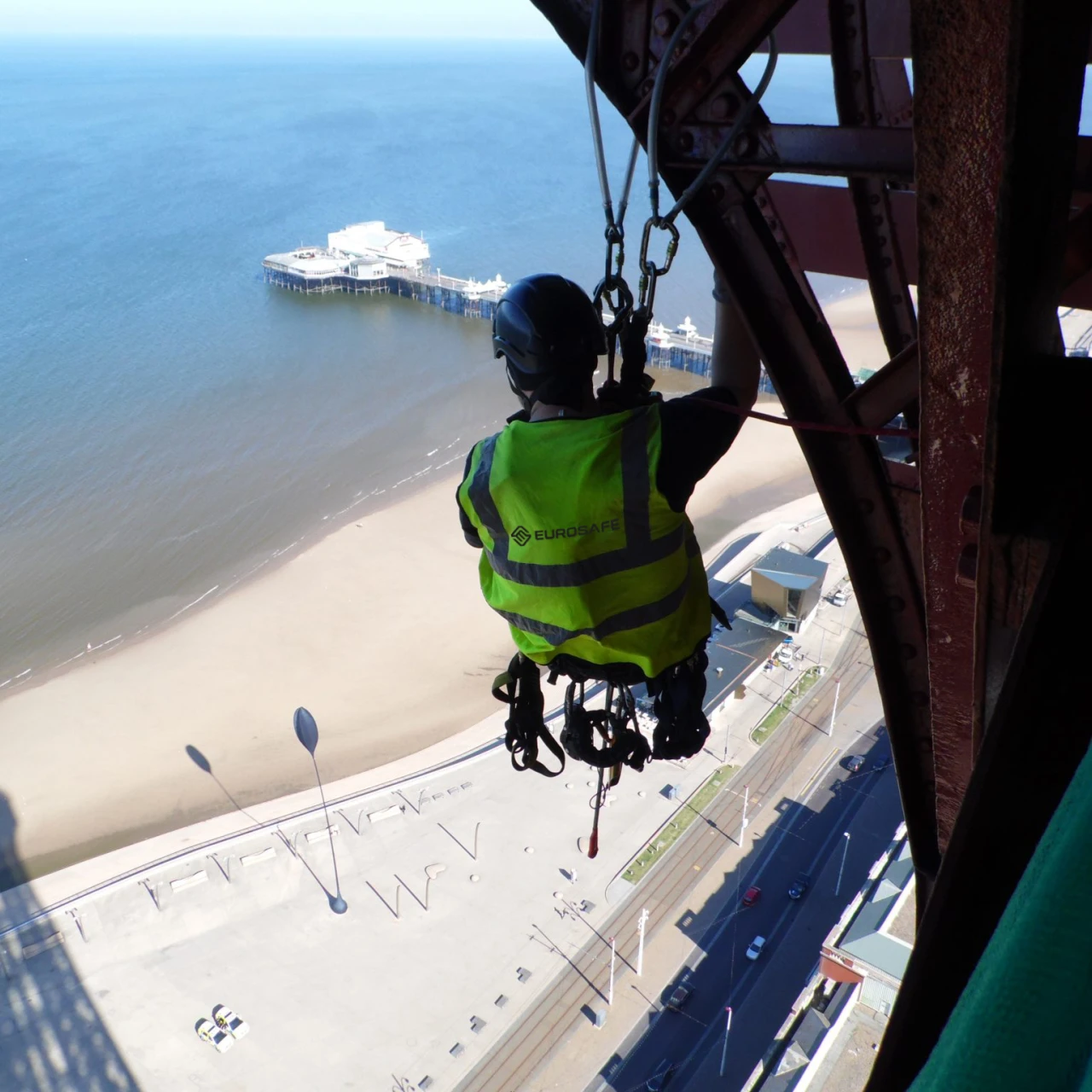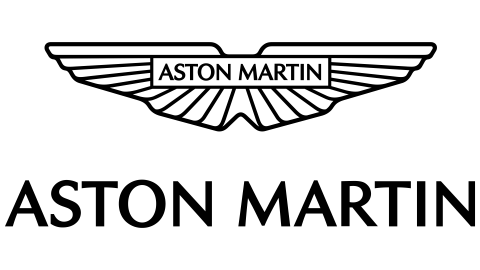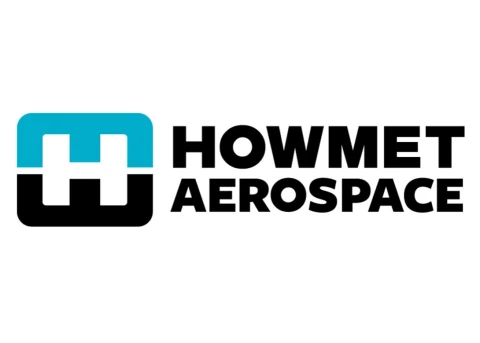

- Inspection & Maintenance
- Façade Access System / BMU Inspection
- Abseil Equipment Inspection
Abseil Access Equipment Inspection
Industrial Abseil Access is a popular method of providing access to a building’s façade in order to carry out window cleaning, general maintenance, and inspection works.
As one of the UK’s leading installers, Eurosafe offers a full inspection and testing solution individually tailored to minimise operational down time and maximise the productivity of any abseil access equipment.
Three different types of anchorage devices can be used:
Abseil Eyebolts
These are normally installed in pairs for the attachment of both a working rope and a safety (backup) rope. The eyebolts are inspected and tested following the guidelines of LOLER (Lifting Operations and Lifting Equipment Regulations) 1998 and BS EN 7883.
Abseil Rails
Abseil Rails are usually installed with carriages that allow left and right movement. The carriages are fitted with two points for attaching both a working rope and a safety (backup) rope. The Abseil Rail and carriages are inspected and tested following the guidelines of LOLER (Lifting Operations and Lifting Equipment Regulations) 1998 and BS EN 7883.
Abseil Socket and Davit
Typical abseil davit and socket installations will be found where there is a parapet or glazed balustrade to clear prior to descent by the abseiler. The socket is typically permanently affixed to the building, whilst the davit will be removable. We can offer a complete socket & davit inspection & testing service, undertaking proof tests as necessary where socket fixings are concealed.
Rope Access / Abseil Equipment Test & Inspection
We provide a compliance-based inspection and testing service as part of a Periodic Inspection regime / PPM for systems installed to facilitate Industrial Rope Access (abseil) services.
Where an abseil anchor system is installed in accordance with BS 8610:2017 to provide a suspension point for Industrial Roped Access/abseil a bi-annual inspection is required under LOLER as recommended under BS 7985:2013 Code of Practice for the use of Rope Access methods for Industrial Purposes.
The Lifting Operations and Lifting Equipment Regulations 1998 (LOLER) requires lifting equipment to be “thoroughly examined” by a competent person … at intervals not exceeding 6 months.
LOLER sets out that a thorough examination should be carried out at a minimum of every 6 months where the lifting equipment and any associated accessories are used to lift people. What is covered by a thorough examination will be determined by the examiner but will include an examination of all matters likely to affect the safety of the lifting equipment. Measurements of wear (in some cases traditional NDT and load testing.
It is the duty holder's responsibility that the inspection/examination, maintenance and testing are carried out and that reports are issued and retained. We are able to carry out this service on behalf of the duty holder.
Frequency of Inspection
Our engineers provide a comprehensive inspection and testing service for anchorage devices (eyebolts/rail) used for Industrial Roped Access Purposes under the LOLER regulations 1998, which require, as a minimum, a six-monthly inspection.
Where eyebolts/single-point anchors are used for abseil, this six-monthly inspection would follow the requirements of BS 7883 2005.
Month 1 – Inspection, thorough examination & load test.
Month 6 – Inspection, thorough examination & load test.
Where a rail is used LOLER regulations would be followed:
Month 1 – Inspection, thorough examination & load test.
Month 6 – Inspection & thorough examination.
Request free quotation
Fill in the form below to request your free, no-obligation abseil access equipment inspection quotation.













